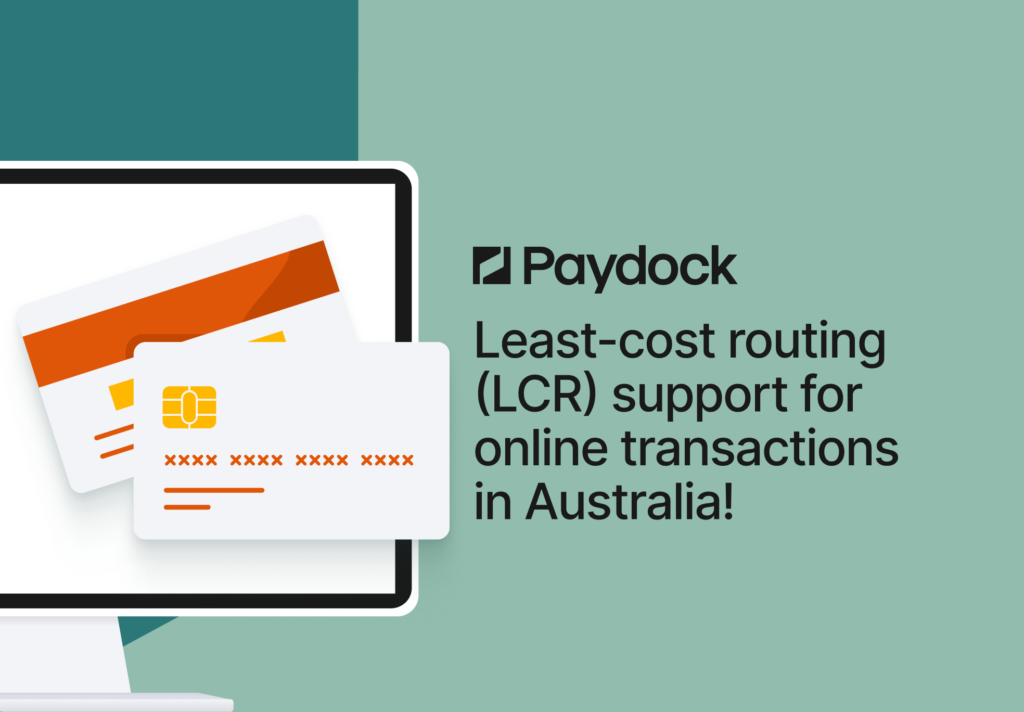The payments landscape has changed significantly. Traditional debit and credit cards no longer dominate the checkout process. The rise of alternative payment methods, including Buy Now Pay Later (BNPL), domestic schemes and digital wallets, reflects evolving customer expectations and modern merchant strategies.
Adopting multiple payment options introduces operational challenges such as technical complexity, reconciliation difficulties and increased fraud risk. Payment orchestration solves these challenges by providing merchants with a single platform that enables secure and efficient access to a wide range of alternative payment methods.
Why Merchants Should Embrace Alternative Payment Methods
Consumers now expect flexibility and choice at checkout. When a preferred payment method is not available, many abandon their carts. According to PayPal, 59 per cent of merchants have reported frequent cart abandonment for this reason.
Offering the most relevant payment methods in each market improves customer experience, encourages loyalty and supports stronger commercial performance.
Types of Alternative Payment Methods
Buy Now Pay Later (BNPL)
BNPL gives customers access to short-term, interest-free credit at checkout. In the UK, more than 15 million people use BNPL. Nearly 70 per cent of consumers say they spend more when using this method according to Insider Intelligence, 2022. Among younger users, uptake is even higher. In the UK, 80 per cent of shoppers aged 18 to 24 use BNPL services according to Forbes (2022).
BNPL helps increase affordability for customers while boosting order values for merchants.
Domestic Payment Schemes
Domestic schemes operate in specific regions and function in a similar way to global networks such as Visa and Mastercard. They are widely recognised and trusted by local consumers and often carry lower processing costs. Adding domestic options can improve conversion rates and extend market reach.
Digital Wallets
Digital wallets such as Apple Pay, Google Pay and PayPal let users pay online or in person through a secure mobile interface. They are projected to account for 84.5% of online spending by 2024. Additionally, digital wallets reduce chargeback volumes by 99.6 per cent, leading to fewer disputes and higher completion rates.
Simplifying Complexity with Payment Orchestration
Handling multiple payment types independently can become expensive and technically demanding. Paydock offers a single orchestration layer that enables merchants to integrate, manage and optimise their payment stack through:
- One API connection across multiple payment methods
- Unified fraud protection and reconciliation processes
- Consistent back-office workflows
- Lower technical overhead and operational risk
- A scalable foundation to support changing market demands
This helps businesses stay competitive and maintain smooth, secure checkout processes across all channels.
Scalable Flexibility for Global Growth
Paydock supports merchants in adding new payment methods quickly, routing transactions based on cost or performance and expanding into new regions without added complexity. A multi-acquirer strategy makes it possible to create automated routing rules, reduce failed transactions and increase authorisation rates.
This level of control provides stronger uptime, improved resilience and lower total cost of ownership.
Supporting Omnichannel Payments
Customers interact with brands across online, mobile and physical channels. Paydock’s integration with Aevi brings online and in-store payments into one unified platform. This results in consolidated reporting, easier reconciliation and consistent customer experiences.
Trusted Platform with Strong Backing
Paydock is a trusted provider of orchestration infrastructure, used by major organisations including the Commonwealth Bank of Australia and the United Nations High Commissioner for Refugees. The company is backed by £25 million in Series A funding and continues to expand its infrastructure to support high-volume, high-compliance environments.
Shaping the Next Phase of Payments
Modern commerce depends on flexible payment experiences. Customers expect convenience and security. Merchants require efficiency, adaptability and control. Payment orchestration with Paydock provides the technology needed to offer a wide range of alternative payment methods without added complexity.
This enables businesses to grow with confidence, reduce friction at checkout and build resilience across regions, channels and providers.
FAQ
1. What are alternative payment methods?
Alternative payment methods refer to non-traditional ways of paying for goods and services, such as digital wallets, Buy Now Pay Later (BNPL) services, and domestic payment schemes. These methods provide more flexibility and convenience for consumers.
2. Why should merchants offer alternative payment methods?
Offering alternative payment methods helps reduce cart abandonment, improve customer satisfaction, and increase conversion rates. Providing preferred local options can also expand reach in new markets.
3. How does payment orchestration support alternative payment methods?
Payment orchestration platforms like Paydock simplify the integration and management of multiple payment providers through a single API. This allows merchants to offer various payment methods without increasing technical or operational complexity.
4. What benefits does Paydock offer for managing payments?
Paydock enables fast integration of alternative payment methods, optimised transaction routing, reduced fraud risk and improved operational efficiency. Its platform supports omnichannel payments and is trusted by global organisations.

